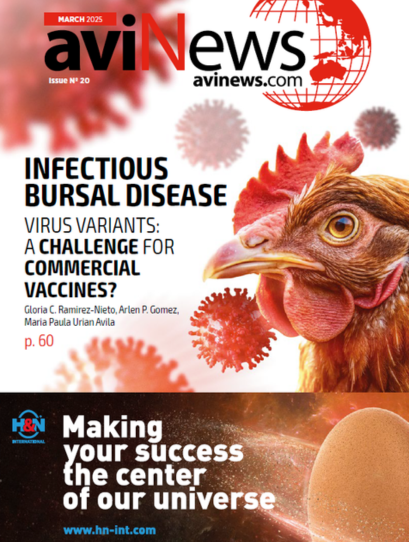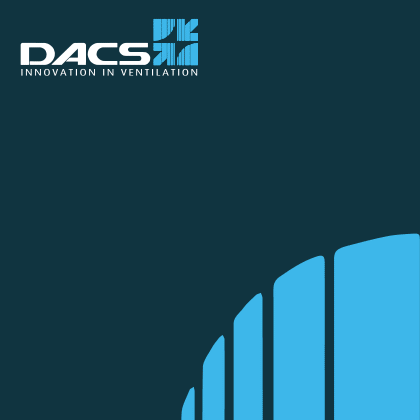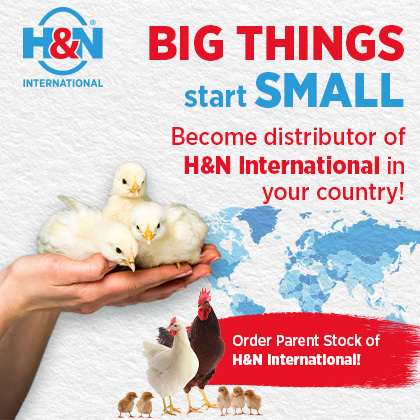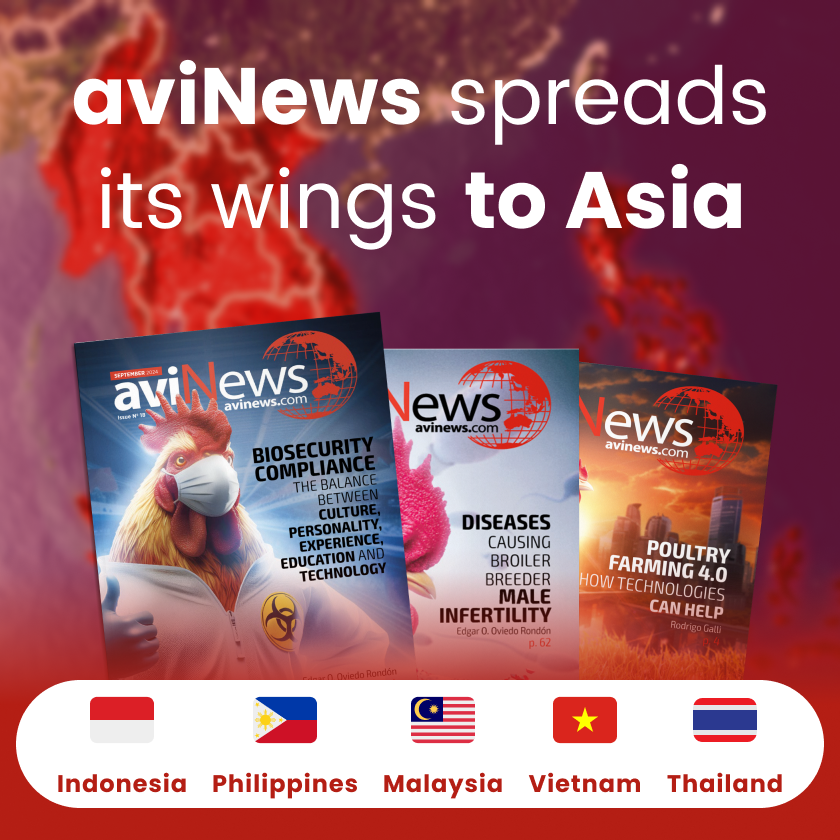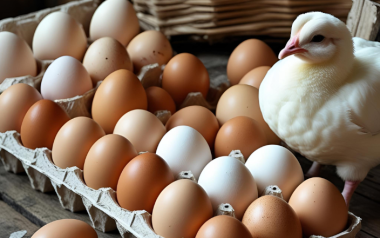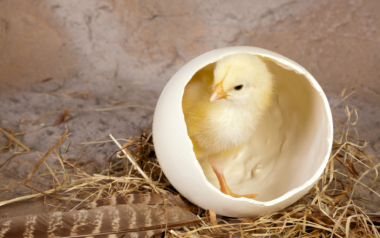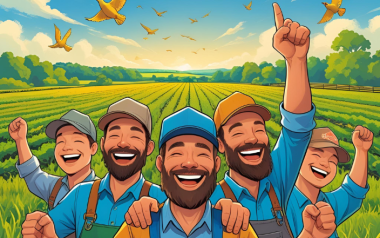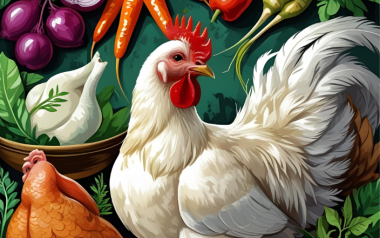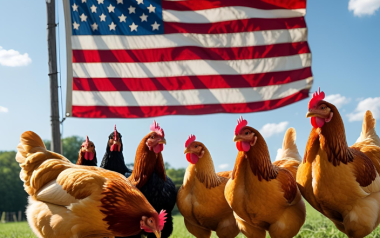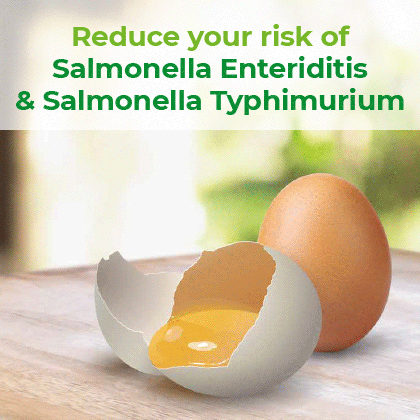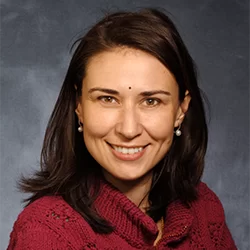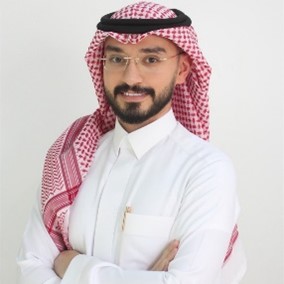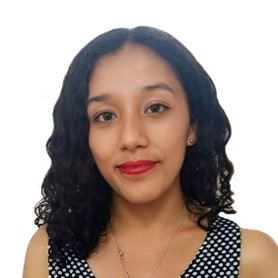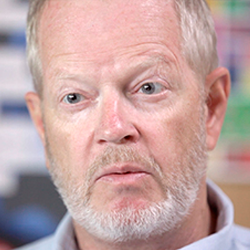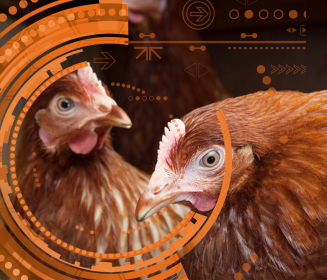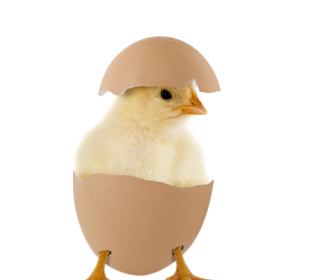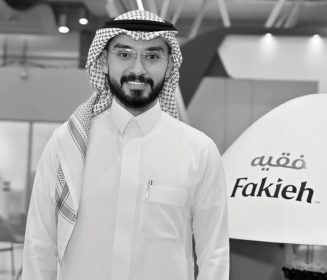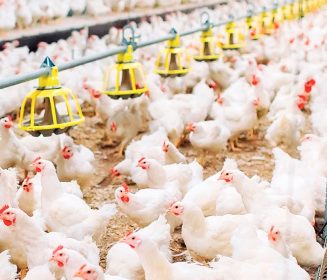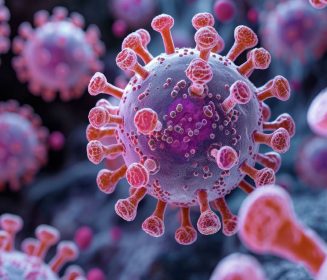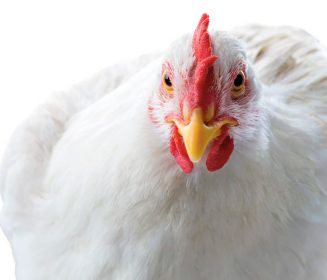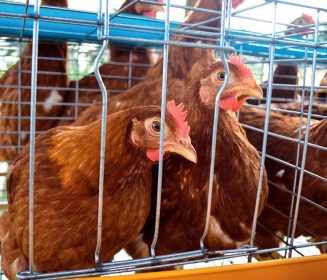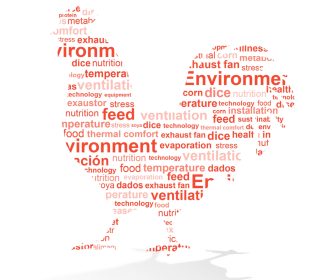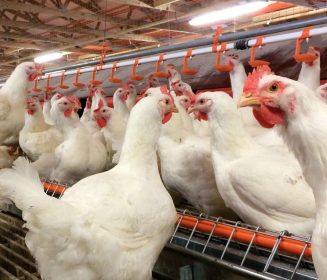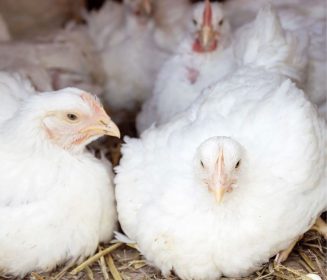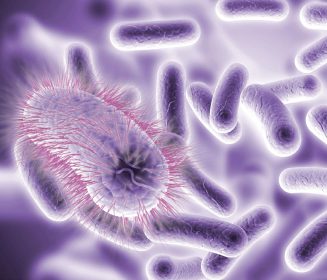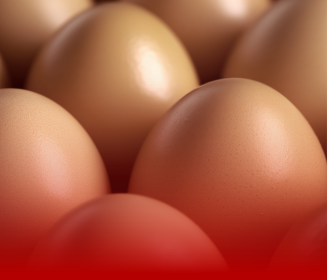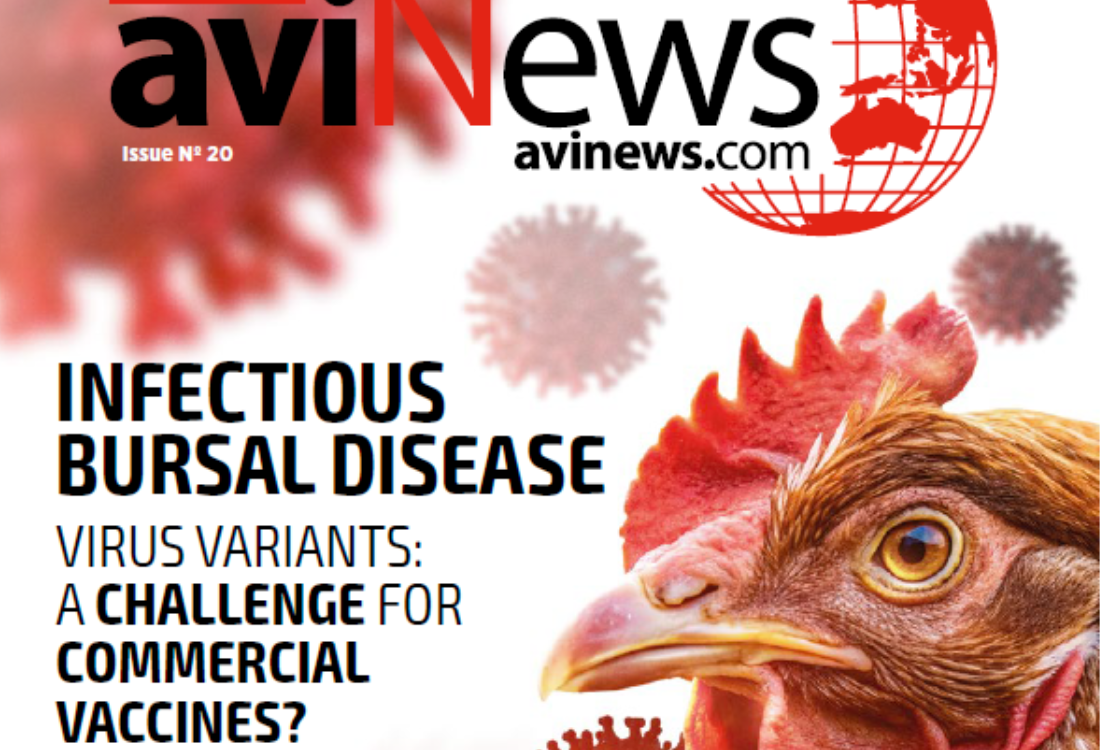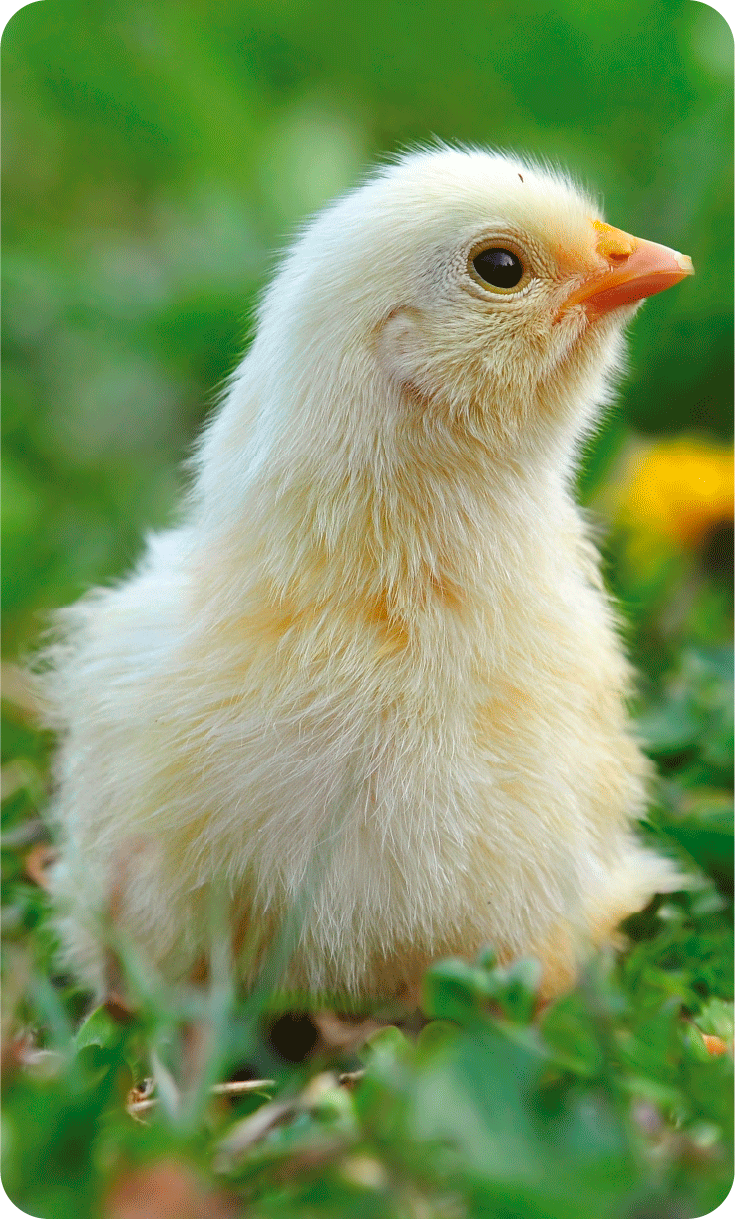Cage-free extensions to open training centres in Asia
To this day, the majority of the eggs produced and consumed globally come from farms that still apply cage-based growing […]
To this day, the majority of the eggs produced and consumed globally come from farms that still apply cage-based growing systems. This goes against the modern principles of animal welfare standards, which also impacts consumer preferences.
In one example of ‘going against the grain’, U.K retailer giant Tesco has pledged to shelf only cage-free eggs, however supply must catch up with the demand. However, pushing entire industries towards cage-free systems is not entirely a smooth sailing affair.
“If there’s anything that needs to be changed in the system, it’s capacity building,” said Jayasimha Nuggehalli, chief operating officer of consulting firm Global Food Partners (GFP).
In order to gather all the knowledge needed to introduce cage-free systems in Asia, GFP has teamed up with Aeres University of Applied Sciences in the Netherlands to establish a training centre in Indonesia for local egg farmers.
The objective is to set up a training farm at an Indonesian university or vocational training centre to train students as well as current employees of egg producers to operate a cage-free system. The idea is to have the training centre up and running in October of next year, with prospective plans of having another one in China as it is the world’s biggest egg producer.
“This is on-farm vocational training. People who graduate out from here can get placed on a farm to be farm managers, workers or supervisors,” said Jayasimha. However, GFP is not only limiting its objective to training staff for cage-free systems, but also to training auditors for companies that may require third-party audits of their farms.
The training will include courses conducted in the participants’ native languages. Therefore, GFP has shortlisted three potential universities in Indonesia that could host this entire project, that could house about 3,000 birds and whose eggs can be sold for extra revenue.
The centres have already garnered interest from entrepreneurs as well as existing producers, including one of China’s largest cage-free producers, said Jayasimha.
In East/Southeast Asia, Thailand has become a leader in cage-free egg production, said Dawn Neo, GFP’s senior manager for corporate engagement. The kingdom’s Department of Livestock Development is working on new standards for cage-free production to meet global demand.
In the case of one of their biggest producers, Charoen Pokphand Foods, they have vowed to abide to animal welfare and antibiotics standards to improve the state of their livestocks and ensure top quality of their produces. In a pilot project implemented in 2019, the company saw 1% of their output as cage-free and plan on shifting entirely to 100% eventually.
Concerns of Producers and Consumers
“Most of the team at GFP were previously with animal protection organisation Humane Society International. They had encountered companies that had made cage-free commitments, but faced knowledge gaps on the ground and other uncertainties”, said Jayasimha.
In the past, it was often mistaken that cage-free productions implied the need for ultra-modern facilities, which also spurred concerns from corporate buyers to purchase from the producers in the long-term, which also put off the producers themselves.
As for the retailers and food brands, they need reassurance of a constant supply of cage-free eggs as they are hesitant to shift from their suppliers. Higher prices of cage-free eggs was another presentable challenge, which is 20-30% more than conventionally produced ones.
“We thought that we had to build a system that would bridge and build confidence, both on the producers’ side as well as the buyers’ side,” said Jayasimha.
Humane Society International has said that cage-free systems are not necessarily cruelty-free, but can allow hens to have significantly better lives. Higher mortality is not inherent in cage-free systems, which require more skills and expertise to manage than cage systems, it noted.
Jayasimha said that these centres; as a result of the collaborative efforts, will be the first of their kind in the region. However, the pandemic has led to change in plans—the team is looking at more online learning and the use of virtual reality for trainees, in addition to classes at the centre.
According to the Humane Society of the United States, improvements in animal welfare can improve food safety by reducing stress-induced immunosuppression, pathogen shedding, and antibiotic use and resistance. Though there is no link between the pandemic and the production’s system, there is however a higher prevalence of Salmonella in caged systems when compared to their cage-free counterparts.
“People are now thinking about where their food is coming from. We think Covid-19, and pandemics such as this, are an opportunity to sit back and think about what we have done wrong with the food system and how we can put it right,” he stated.
“Food companies around the world are becoming more aware of this, and if we’re able to look at equitable consumption and ensure we consume responsibly, reduce wastage of food and raise animal welfare, this could be an opportunity to create a new world food system which is way better.”
Source: https://www.eco-business.com/news/consulting-firm-and-dutch-university-team-up-to-spur-growth-of-cage-free-egg-industry-in-asia/

